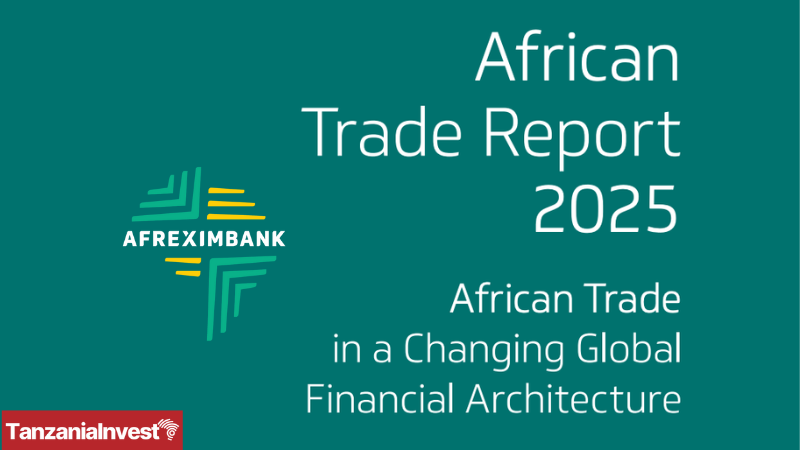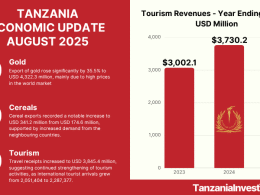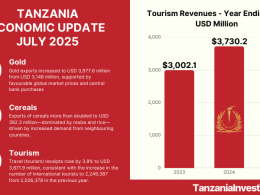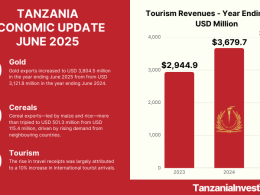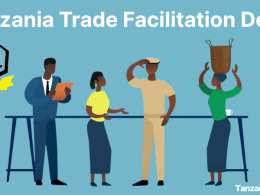The African Export-Import Bank (Afreximbank) recently published its African Trade Report 2025, providing an in-depth analysis of Africa’s trade trends and the continent’s economic positioning in a changing global trade landscape.
The report documents Africa’s total merchandise trade recovering by 13.9% in 2024 to reach US$1.5 trillion, while intra-African trade grew by 12.4% to US$220.3 billion.
Afreximbank’s report identifies ongoing global transformations including geopolitical fragmentation, the rise of protectionism, volatile capital flows, and a move towards deglobalisation, which present both challenges and opportunities for African economies.
Key constraints for African trade include a persistent trade finance gap estimated at US$100 billion annually, regulatory and infrastructure bottlenecks, exchange rate volatility, and systemic biases in the global financial system.
The bank notes the scaling up of support and innovation in trade finance, with Afreximbank and other multilateral institutions disbursing over US$17.5 billion in 2024 and targeting US$40 billion in intra-African trade financing by 2026.
The Pan-African Payment and Settlement System (PAPSS) has expanded, now connecting 16 central banks and 150 commercial banks, with the aim of reducing transaction costs by up to 50% and boosting intra-African trade efficiency.
By October 2024, 48 African countries had ratified the African Continental Free Trade Area (AfCFTA), with major economies launching implementation efforts to foster industrialisation and economic integration.
Africa’s trade patterns are shifting, with the continent exporting more to Asia and the Gulf than to Europe and the United States.
Other findings in the report highlight the growing importance of digital and green finance in transforming Africa’s trade and economic landscape.
Tanzania’s intra-African Trade
According to the report, Tanzania’s intra-African trade reached US$5.18 billion in 2024, an increase of 24.22% from US$4.17 billion in 2023.
This performance accounted for 2.35% of total intra-African trade, positioning Tanzania among the continent’s key trading economies.
Tanzania’s merchandise imports also recorded robust growth, rising by 25.42% in 2024 following a contraction of 3.42% in 2023 and an increase of 44.48% in 2022.
The report positions Tanzania as a growing contributor to Africa’s intra-continental trade, benefiting from expanded trade facilitation and integration initiatives, and underlines the strategic importance of Tanzania’s transport and logistics infrastructure, particularly the Dar es Salaam port, which continues to facilitate exports for neighbouring countries, including the eastern regions of the Democratic Republic of Congo.
The findings highlight opportunities for Tanzania to further increase its share of intra-African trade through improved infrastructure, greater use of digital payments, and continued engagement in continental trade agreements such as the AfCFTA.





